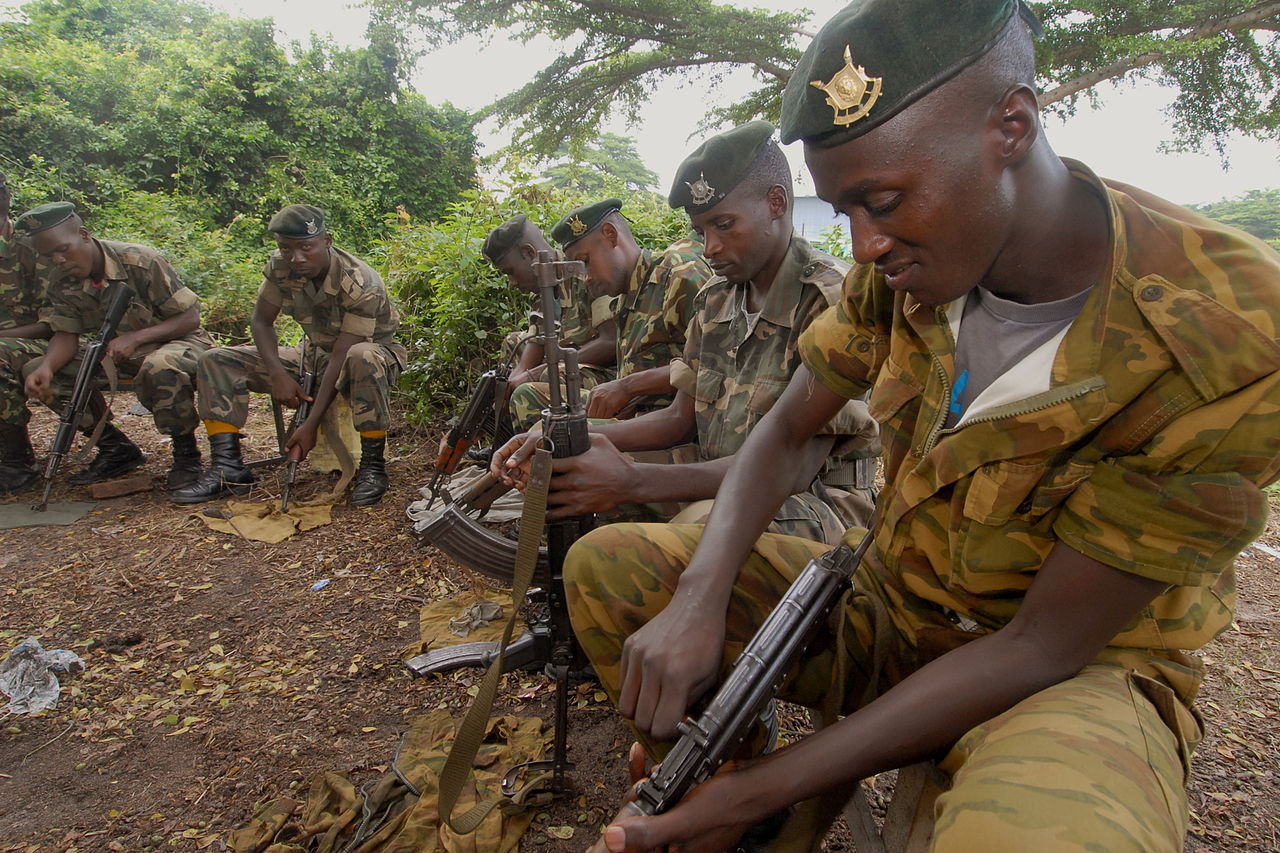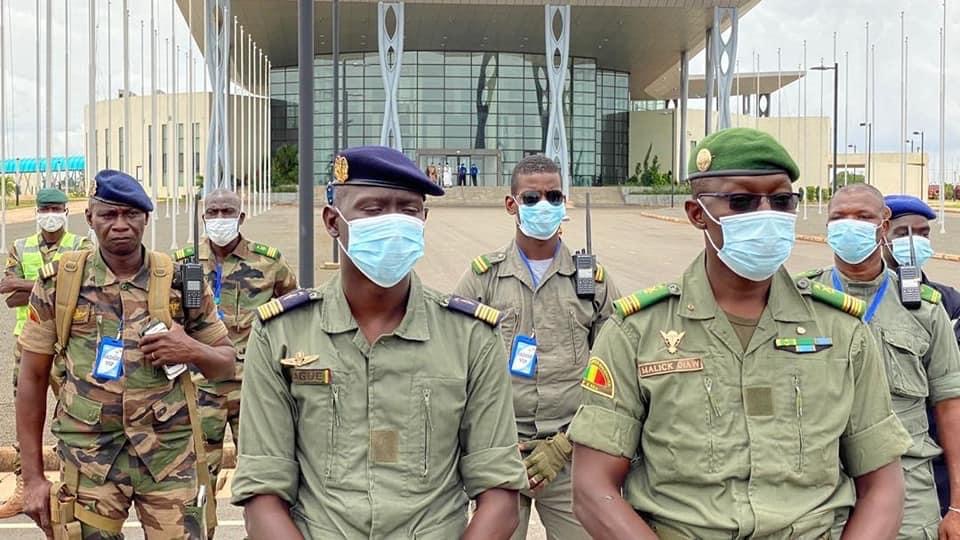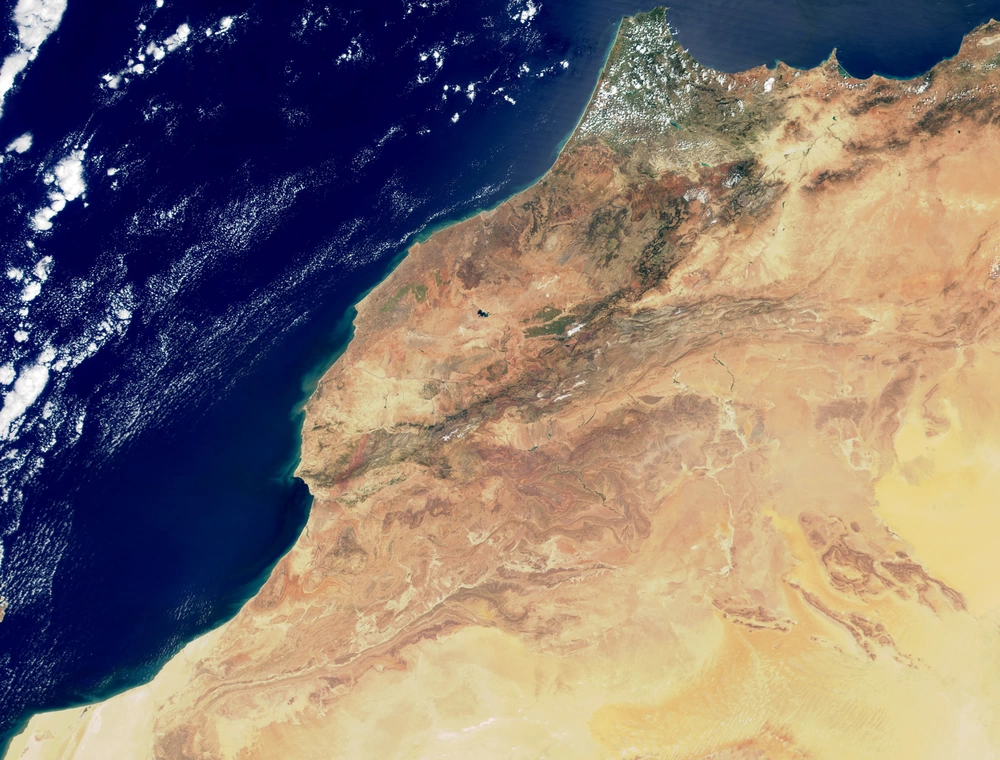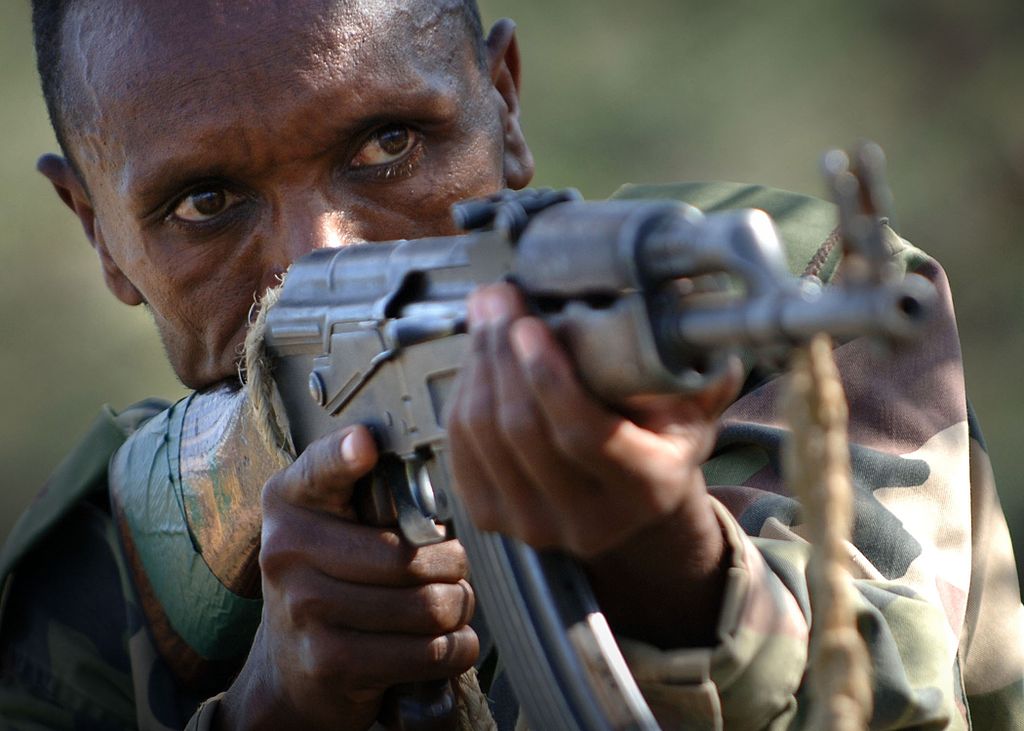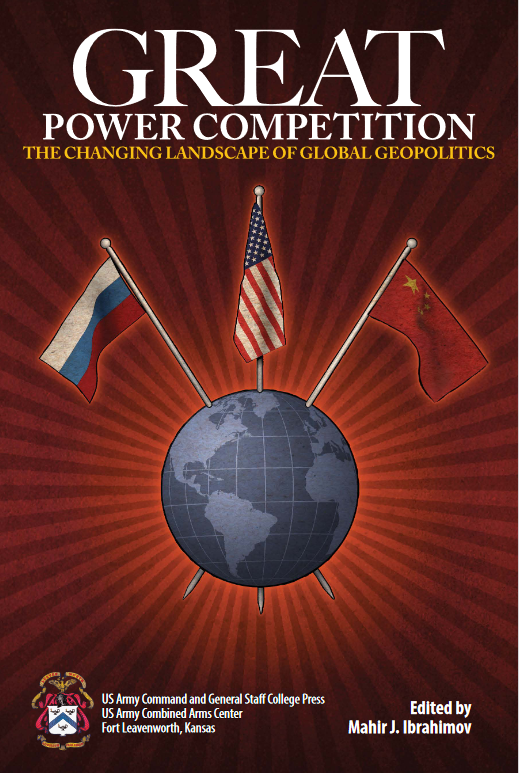“The West wants its African partners to share its condemnation of Russia. African states meanwhile cling to their monopoly on victimhood and historical resentment of Western domination in world affairs.”
Since Russia invaded Ukraine in February 2022, official reactions from African nations have varied. For instance, the March 2022 UN vote to condemn Russian aggression showed that 27 African states voted for the resolution, one state (Eritrea) voted against, 17 abstained, and nine more were absent for the vote. As commentary from the respected Pan-African Institute for Security Studies lays out, the range of African reactions to the war is guided by logics not always appreciated from the outside.
First, and most important, the authors underscore that the continent’s 54 states are in no way a monolithic bloc and would not share a singular, unified viewpoint of the war given their varying goals, positions in international society, and international alliances. Second, the authors note that African states are not affected by the war in the same ways. While extreme food shortages were felt in certain states throughout the continent as a result of Russian blockades of grain and fertilizer, for many African countries, these issues “[don’t] compare with the Western aid that enables African countries to function.” Third, the authors note that the war has been a litmus test bringing to light variations in African states’ interpretations of the international system. Certain African states seek to maintain the Western “rules-based” order, and thus find more sympathy with Ukraine. Conversely, other African states, with lingering antipathy to a global order in which they view themselves to be marginalized, are thus more sympathetic with revisionist, non-rule-abiding states like Russia. The authors sum up their assessments, saying: “Western surprise at most African countries’ limited emotion towards Russia’s invasion, and Africa’s neutral stance, point to a self-centeredness on both sides. The West wants its African partners to share its condemnation of Russia. African states meanwhile cling to their monopoly on victimhood and historical resentment of Western domination in world affairs.”
Source:
Paul-Simon Handy and Félicité Djilo, “Unpacking Africa’s Divided Stance on the Ukraine War,” Institute for Security Studies (pan-African think tank), 12 August 2022. https://issafrica.org/iss-today/unpacking-africas-divided-stance-on-the-ukraine-war
“African votes in the United Nations (UN) on the war revealed sharp divisions between countries… The high number of abstentions was widely interpreted as a sign of Russian influence or evidence of the growing anti-Westernism of African governments and citizens. This view wrongly assumes that Africa is a political monolith. It also suggests an underlying expectation by the West that states on the continent should align with them because of the West’s pre-eminence in development and humanitarian aid, and their shared historical past.
Western surprise at most African countries’ limited emotion towards Russia’s invasion, and Africa’s neutral stance, point to a self-centredness on both sides. The West wants its African partners to share its condemnation of Russia. African states meanwhile cling to their monopoly on victimhood and historical resentment of Western domination in world affairs.
How do African states benefit from proclaiming non-alignment? Although the conflict reveals the extent of the continent’s dependence on grain and fertiliser from Ukraine and Russia, it doesn’t compare with the Western aid that enables African countries to function. The increasing price of hydrocarbons is affecting Africa’s most fragile states. While European countries imposed sanctions against Russia despite the costs to their energy supplies, many African countries feel less able to adopt a principled and values-based foreign policy.
The divide, however, runs deeper – extending to perceptions about the international order itself. Western states defend a rules-based system in which they are pre-eminent. African states have a more cynical view of a global order whose rules seem to be determined by the West. This difference in outlook may explain Africa’s leniency towards Russia, even though the latter has violated a cardinal AU principle on territorial integrity.
African states’ position is not without contradictions – which isn’t surprising given the many norms and values on a continent of 54 states. They aspire to an international order based on rules, not force, while at the same time sympathizing with Russia and China, which challenge this order for different reasons.”

